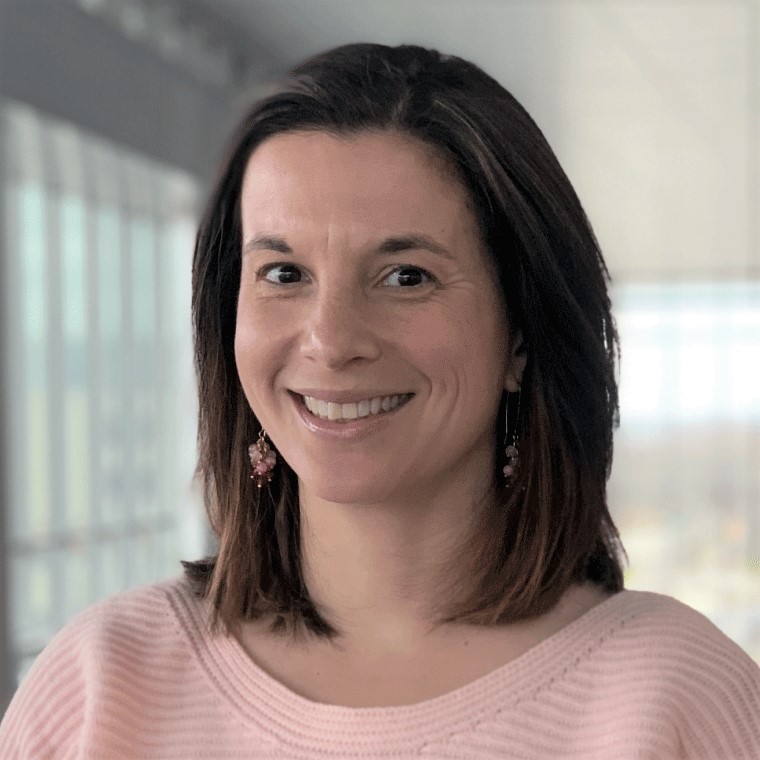School of Health and Human Sciences
Internationalized Courses:
Nutrition for Health (KINE N220)
Nutrition is an international activity- we all must eat to survive. However, why, when, where, with whom, and many more aspects of eating are heavily influenced by our geographical location, culture, and even governmental policies that dictate our eating guidelines. The Nutrition for Health course (N220) is a general education course whose overarching goal is to teach students the basic principles of nutrition. Through collaborations with three different universities, the students met synchronously four times during a seven-week project with an international partner to analyze what influences what we eat, how this differs between our two countries, and how this all ultimately creates the food habits we utilize in a day-to-day basis. We heavily incorporated the Society and Culture Principle of Learning through the students’ requirement to compare and contrast their eating habits, governmental eating guidelines, and even ways of life while also analyzing and understanding how there are connections that ultimately unite us. This is specifically measured in their final project, a PowerPoint presentation that requires them to share similarities and differences in the two countries’ eating habits and influences, common misconceptions they had about each other’s country’s way of eating, and what the project taught them overall, aside from just eating habits.
“
"Food, by nature, connects us all. Whether we never leave the country or travel all the time, we are eating food from all over the world and have eating habits influenced by our cultures and where we live. This virtual exchange enabled our students to wholly understand this, learning where our differences lie, but also how our similarities converge and connect us. By globalizing my curriculum, my students now have a way to showcase this knowledge."
Lamia Nuseibeh ScherzingerBenefit to the Students:
These projects have been extremely beneficial to our students, especially since we teamed up with the first-year seminar sections in our department to provide our students with a global learning opportunity in their first semester at college. While we know that studying abroad can be an eye-opening and enriching experience for our students, we also know that, due to finances, time constraints, and other limiting resources, many students may never study abroad. The ability to participate in the virtual exchange, therefore, increases their cultural understanding, global citizenship, and digital literacies, all done at no extra cost to my students!
We are an interconnected world, and more and more businesses want employees who have experience dealing with other cultures and countries. Global citizenship is required for many jobs, as is the ability to utilize a wide variety of digital tools, which this experience provides. Personally, this project allows our students the chance to experience a culture they probably would have never done so otherwise and opens their worlds a bit more than before the virtual exchange.
“
“I just wanted to say thank you for giving us this assignment. I loved getting to know my partners; you couldn’t have paired me up with anyone better! I also loved learning more about the Netherlands.”
Heidi Wold, N220 studentBenefit to the Faculty Member:
Selfishly, part of the reason I started this project was that I value the outcomes of global learning. Limited a bit due to my asynchronous online class format, a virtual exchange was a perfect fit for me. Since then, I have grown the project to occur in both fall and spring annually with two different university partners, presented on this topic at numerous universities, and even recently was awarded the Sarah Baker High Impact Practice Teaching Award! I am deeply passionate about what benefits this project provides my students and am excited to watch it continue to improve each semester.
Follow the N220 Virtual Exchange Blog to learn more!

